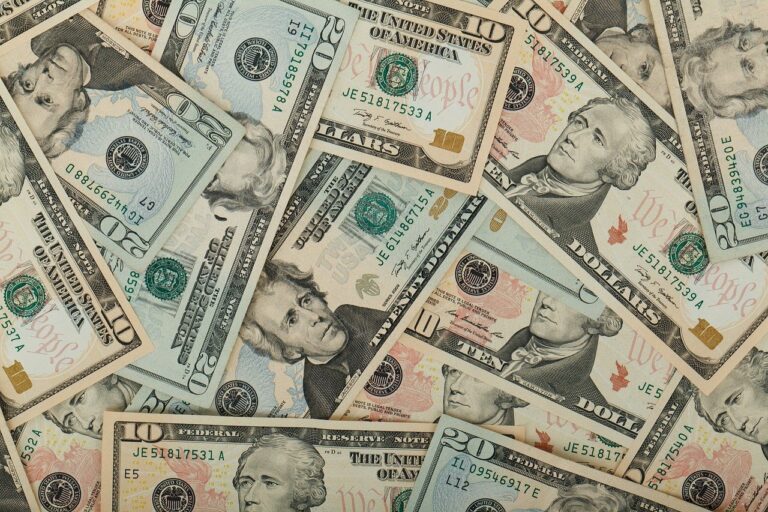Richard X. Bove, a distinguished financial analyst with over five decades of experience, recently made a striking declaration about the future of the U.S. dollar.
Accordg to a report by Rob Copeland for The New York Times (NYT) published on January 27, in an interview following his retirement announcement, Bove, known for his candid and often unconventional views, shared his insights on the U.S. economy, banking sector, and the fate of the U.S. dollar.
Bove’s Economic Outlook
From his home office near Tampa, Bove expressed a dire outlook on the U.S. economy. His most startling assertion was that “the dollar is finished as the world’s reserve currency.” He believes that China is poised to overtake the U.S. economy, a view not commonly shared by his peers, whom he criticized for their reluctance to challenge the mainstream financial system.
Views on U.S. Banks and Financial Sector
According to the NYT report, throughout his career, Bove has been a keen observer of the banking industry. He witnessed the savings and loan crisis and the subsequent rise of banks, which he chronicled as leading to the 2008 financial crisis. His views have evolved over time, especially after last spring’s regional banking crisis.
Bove now sees the offshoring of American manufacturing as a significant threat to the financial sector and the dollar, arguing that it gives increasing control over the global economy to those manufacturing goods elsewhere.
Background and Career Highlights
The NYT article says that Bove’s career in financial analysis began before the widespread use of ATMs. He gained prominence in the late 1970s as a construction industry analyst before shifting to high finance. Known for his willingness to challenge the status quo, Bove made several notable predictions, including the instability of the housing market in 2005 and the misjudged post-2008 recovery of major banks. His 2013 book, “Guardians of Prosperity,” argued against stringent regulations on big banks, a stance he has since reconsidered.
Featured Image via Pixabay








